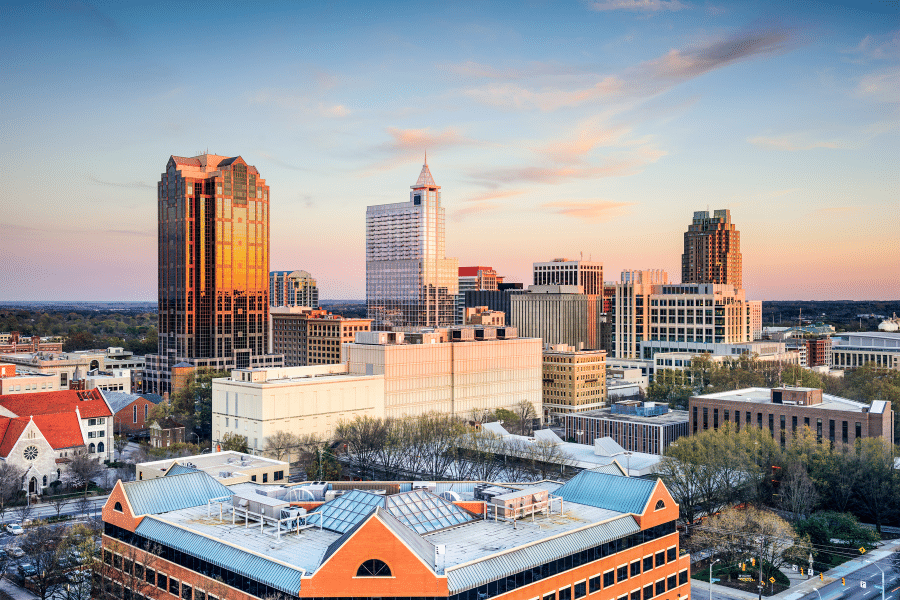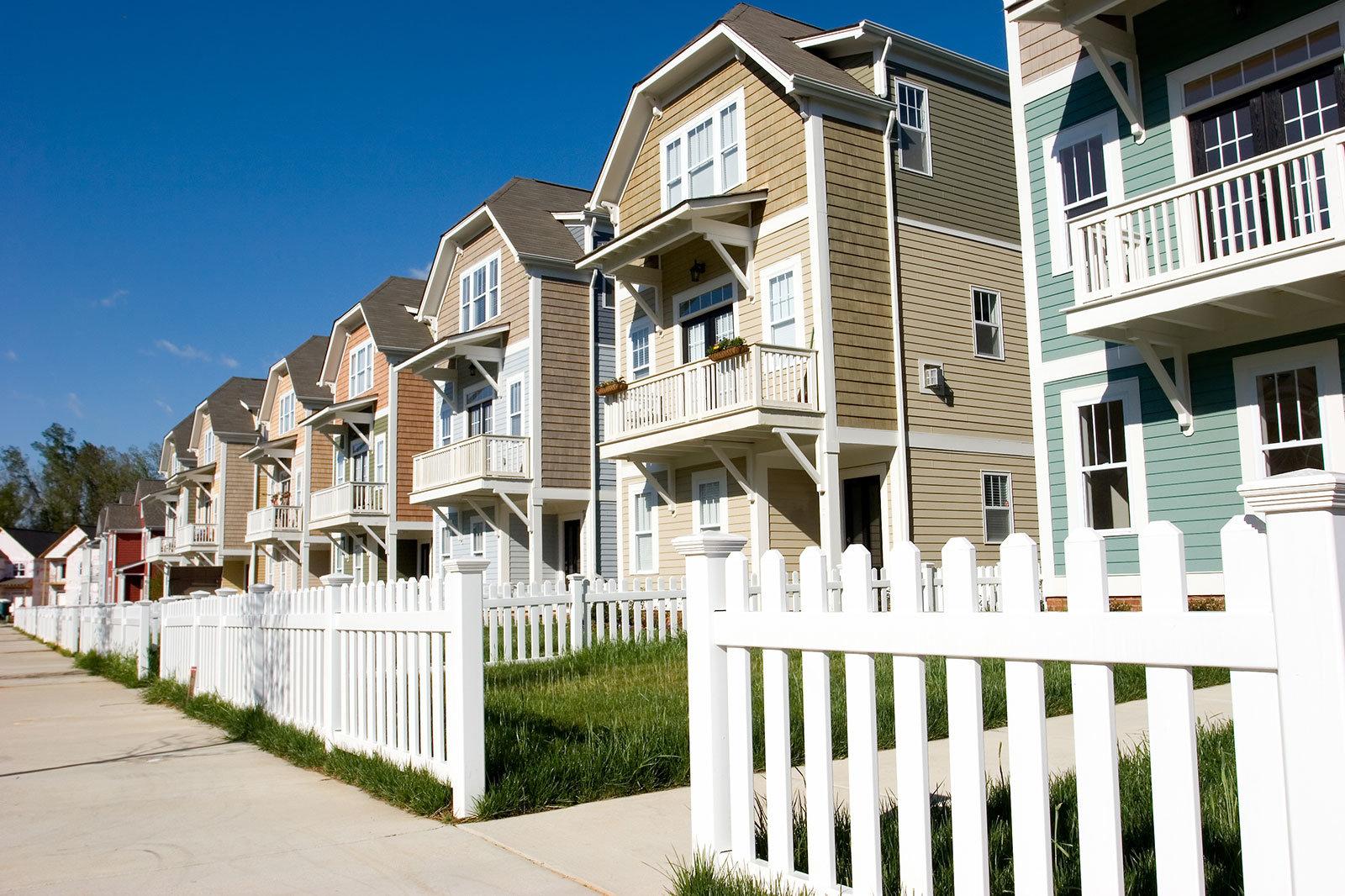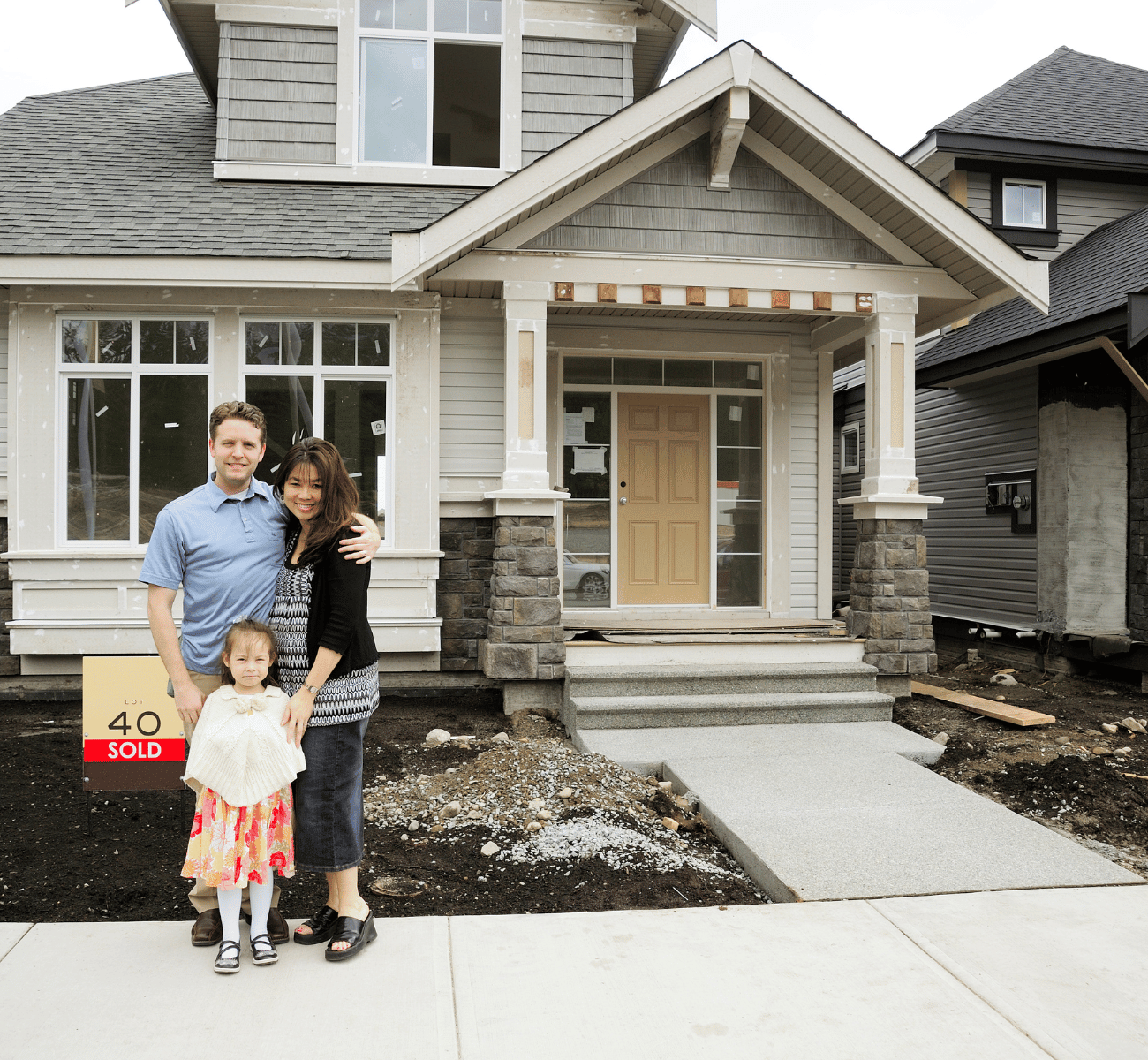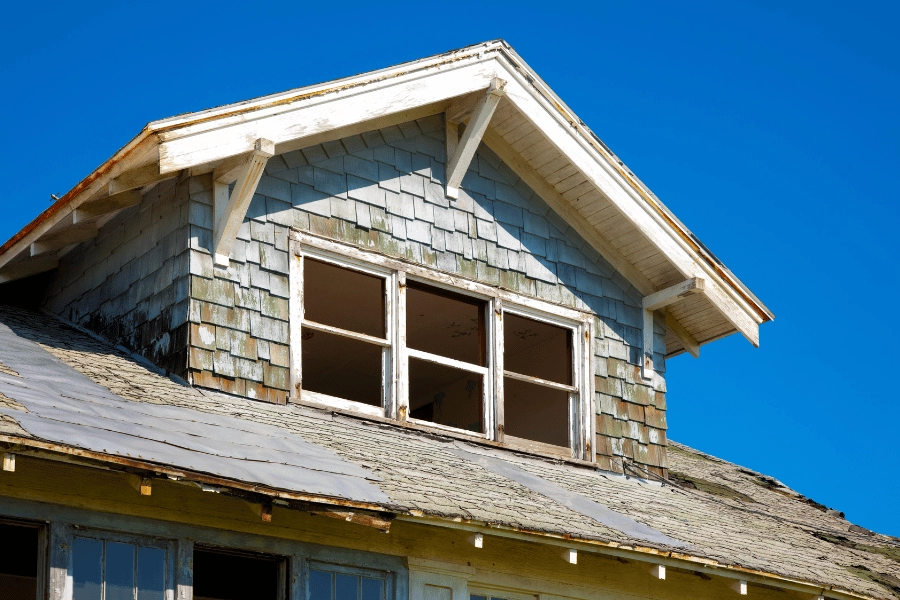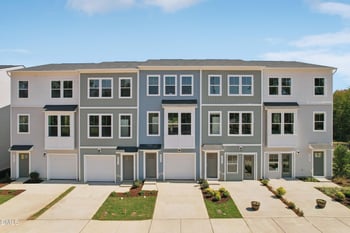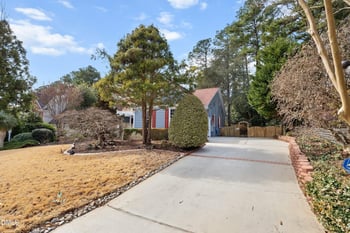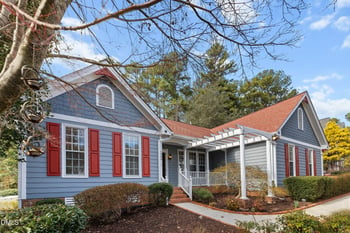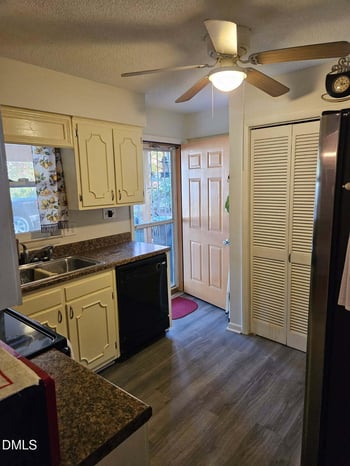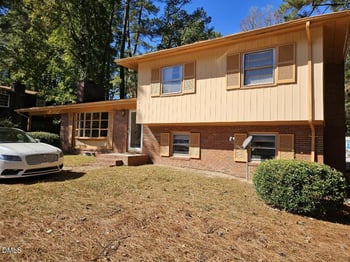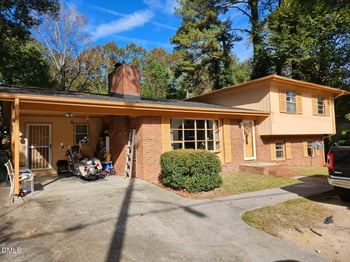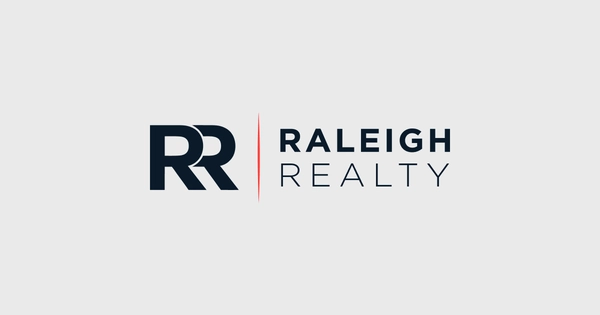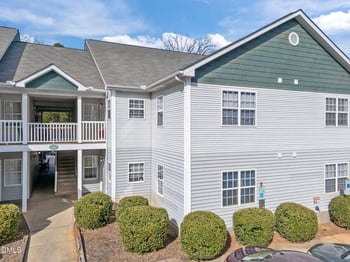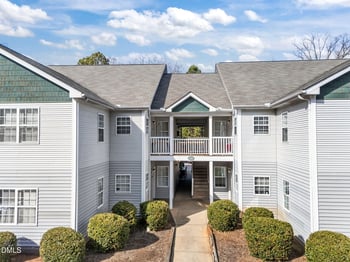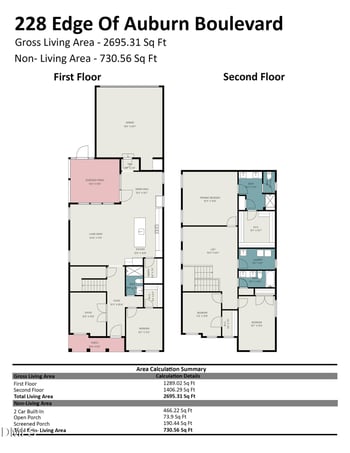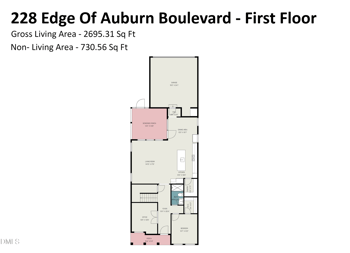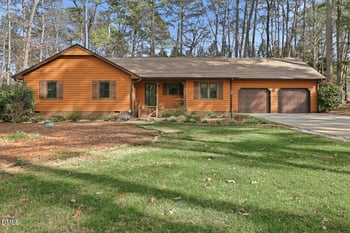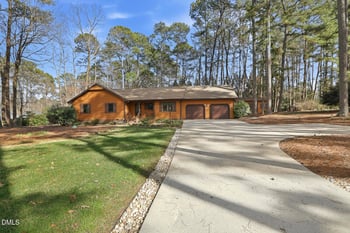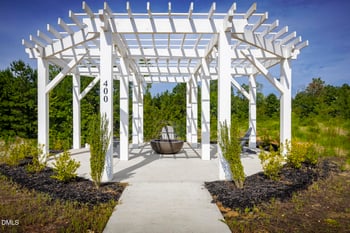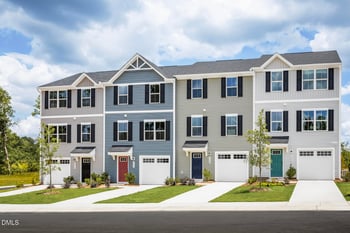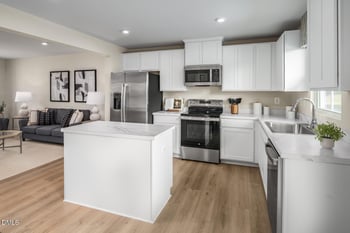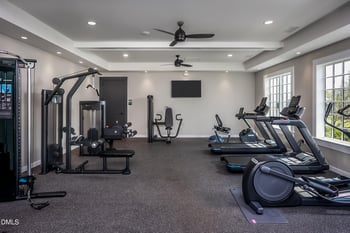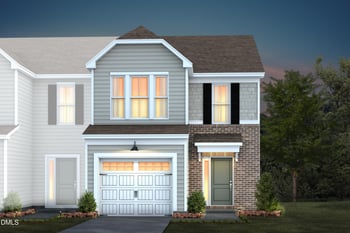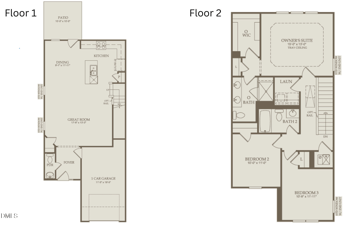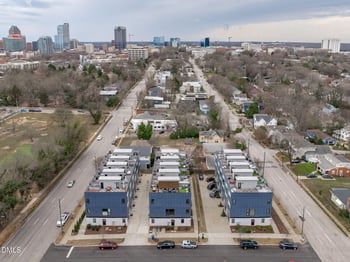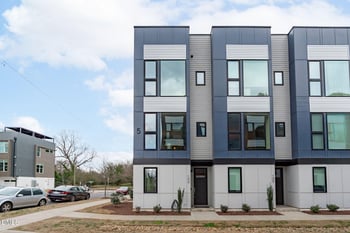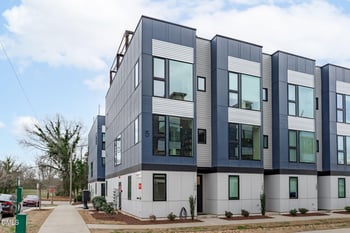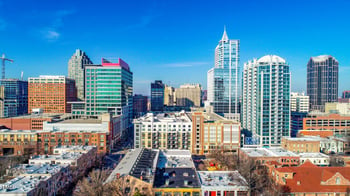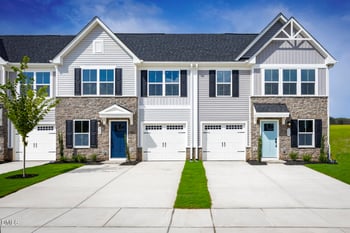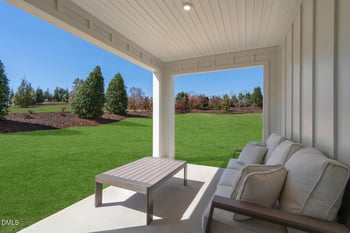The Complete First-Time Home Buyer's Guide to Raleigh
Are you a first-time homebuyer in Raleigh, NC? Here is what you need to know about first-time home buyer programs in Raleigh!
Buying a house for the first time is a big decision, so you want to make sure you are ready as a first-time home buyer. That is what prompted us to create this first-time home buyer guide filled with tips, tricks, programs, grants, and all the steps involved in the home-buying process.
Buying a home doesn't mean you need a 20% payment. There are plenty of programs that will allow you to buy a house with 0% down.
In our local market, homes in Raleigh are being purchased far over the asking price in most cases. This makes it even more imperative to get the best deal on your mortgage. We have some amazing first-time home buyer programs in Raleigh.
Raleigh is a vibrant city where southern charm meets modern innovation. As one of the fastest-growing metropolitan areas in the southeast, Raleigh offers first-time home buyers an exciting blend of career opportunities, excellent schools, and safe neighborhoods with beautiful homes.
Whether you're drawn by the thriving tech sector in the Research Triangle, the prestigious universities, or the abundance of parks and greenways, this guide will help you navigate the path to homeownership in the City of Oaks.
This is what you need to know as a first-time homebuyer in Raleigh.
1. Understanding Raleigh's Housing Market
Once you have a clear understanding of the 'why' you are buying a home, it will give you more clarity around what you are looking to purchase and how you are going to purchase it. Whether you are newlyweds, single, or a family, the most important aspect of buying a home is the 'where.'
There are many costs and fees you are probably not aware of when you buy a house. It's not typical for first-time home buyers to have boatloads of money lying around that they can use towards a down payment.
Raleigh's real estate market reflects its status as a major economic hub. The median sale price of homes for sale in Raleigh is in the mid $700s, though this varies significantly by neighborhood.
Areas like North Hills and Glenwood South command premium prices, while emerging neighborhoods like Southeast Raleigh offer more affordable entry points for first-time buyers.
The city's continued population growth, driven by companies like Red Hat, IBM, and numerous biotechnology firms, has created consistent demand for housing. This makes it crucial for first-time buyers to understand their financing options and act decisively when they find the right property.
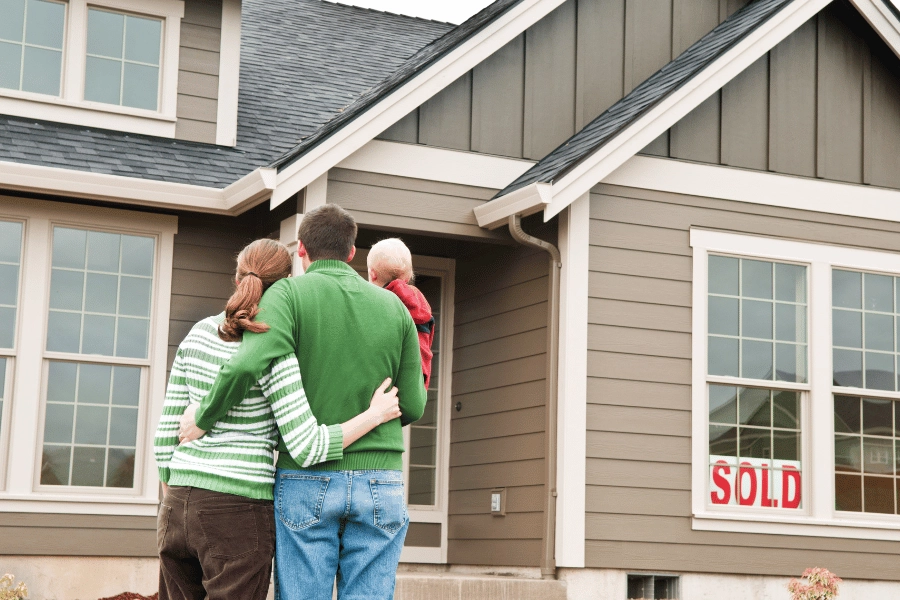
2. Your Credit Score
Your credit score is one of the most critical factors in determining not only whether you'll qualify for a mortgage, but also what interest rate you'll receive.
Both your credit score and your credit report will impact your ability to qualify for a mortgage. The lower your score, the higher your interest rate will be.
Your credit score can be great, and you still may not be able to qualify for a house based on your credit report. You may have a great credit score, and a report that shows something different.
Here's how different credit score ranges typically affect your home-buying journey:
Excellent Credit (740+)
- Access to the best interest rates available
- Lower down payment requirements
- More loan program options
- Potential for reduced mortgage insurance costs
Good Credit (680-739)
- Access to competitive rates with slight premiums
- Most conventional loan programs available
- Standard down payment requirements
Fair Credit (620-679)
- Higher interest rates and fees
- May require larger down payments
- Limited to certain loan programs
- Higher mortgage insurance premiums
Poor Credit (Below 620)
- Conventional loans may be difficult to obtain
- FHA loans may still be available (minimum 580 for 3.5% down)
- Significantly higher rates and costs
- Consider credit repair before applying
If your credit needs work, it is a good idea to work on it before buying a home. Consider these strategies:
- Pay down existing debt to improve your debt-to-income ratio
- Make all payments on time for at least 6-12 months before applying
- Avoid opening new credit accounts during the home-buying process
- Consider becoming an authorized user on a family member's account with good payment history
- Work with a HUD-approved housing counseling agency in Raleigh for personalized guidance
.png)
3. National Home Buying Programs Available
National Programs
National programs are available to those who qualify anywhere in the country as long as you qualify. Let's discuss who will qualify for these programs and whether or not they will make sense for you to use when buying a home for the first time.
FHA Loans
Federal Housing Administration (FHA) loans remain one of the most accessible options for first-time buyers in Raleigh. This is the popular choice for first-time home buyers. These government-backed loans offer:
- Down Payment: As low as 3.5% with a credit score of 580 or higher
- Credit Requirements: More flexible than conventional loans
- Loan Limits: In Wake County, FHA loan limits for 2024 are $498,257 for single-family homes
- Mortgage Insurance: Required but can be removed after reaching 20% equity and meeting time requirements
VA Loans
For eligible military service members, veterans, and surviving spouses, VA loans offer unparalleled benefits:
- Zero Down Payment: 100% financing available
- No Private Mortgage Insurance: Significant monthly savings
- Competitive Interest Rates: Often below conventional loan rates
- Flexible Credit Requirements: No minimum credit score requirement (though lenders typically prefer 620+)
- Reusable Benefit: Can be used multiple times throughout your lifetime
North Carolina is home to significant military populations, making VA loans particularly relevant in the Raleigh area with nearby Fort Bragg and Seymour Johnson Air Force Base.

USDA Rural Development Program
While Raleigh proper doesn't qualify for USDA rural development loans, many surrounding areas in Wake County and neighboring counties do. These loans offer:
- Zero Down Payment: 100% financing for eligible properties
- Income Limits: Household income cannot exceed 115% of the area median income
- Geographic Restrictions: Properties must be in USDA-designated rural areas
- Low Interest Rates: Competitive fixed rates
Popular USDA-eligible areas near Raleigh include parts of Johnston County, Franklin County, and Wake Forest's outer areas.
The qualifications of a USDA loan are typically a bit stricter than other loans. Qualifying can be a hard part of being approved for a USDA loan because housing costs are not allowed to exceed 29% and the total debt cannot exceed 41%. Repairs and improvements may be forced into the loan eligibility.
Conventional Loans with Low Down Payment Options
Traditional conventional loans have evolved to compete with government programs:
- Conventional 97: 3% down payment option
- HomeReady and Home Possible: Loans designed for low-to-moderate income buyers
- First-Time Buyer Programs: Many lenders offer special conventional loan products
Mortgage Credit Certificate
The Mortgage Credit Certificate is a national program (not Raleigh, NC-based, although it can be combined with the NC Home Advantage Mortgage) that allows first-time home buyers up to $2,000 in tax savings per year.
You must meet specific criteria in terms of income and sales price limits. This is a federal tax credit that can lower your income-tax liability, dollar-for-dollar, giving you more money to use on your mortgage if you purchase an existing home or 50% of the interest on a new home. This is up to $2,000 for every year that you live in the home.
The mortgage credit certificate can be combined with most loans and other lender programs for first-time buyers, including some adjustable-rate mortgages.
4. North Carolina-Specific Programs
Whether you are in North Carolina or anywhere in the world, there is a good chance that there are programs, grants, and benefits available to you as a first-time home buyer. You may have to hunt down some of your state and local programs, as they are not always apparent.

NC Home Advantage Mortgage Program
This program is available with 30-year, fixed-rate FHA, VA, USDA, and conventional mortgages. Are you a match? The N.C. Home Advantage Mortgage is great for buyers who are looking for safe, affordable financing with competitive interest rates through participating lenders. More than 700 offices participate in this program across NC.
The North Carolina Housing Finance Agency's flagship program offers significant benefits:
- Down Payment Assistance: Up to 5% of the loan amount (maximum $15,000) as a deferred, forgivable loan
- Competitive Interest Rates: Often below market rates
- Purchase Price Limits: Maximum home prices vary by location
- First-Time Buyer Requirement: Must not have owned a home in the past 3 years
- Homebuyer Education: Required counseling course
- Income Limits: Vary by county; in Wake County, limits are typically around $120,000 to $140,000 for most household sizes
This program is particularly valuable in Raleigh's competitive market, as it combines affordable financing with down payment assistance.
NC 1st Home Advantage Down Payment
For buyers who need additional down payment help beyond the standard program, the NC 1st Home Advantage Down Payment program offers:
- Additional Assistance: Up to 6% of the loan amount
- Deferred Payment: No monthly payments required
- Forgivable Features: May be forgiven over time or upon sale
- Combination Benefits: Can be used alongside the NC Home Advantage Mortgage
Veterans Benefits in North Carolina
North Carolina offers additional benefits to veterans:
- Property Tax Exclusions: Disabled veterans may qualify for property tax exemptions
- State-Specific Programs: Additional down payment assistance for veterans through various local programs
Wake County Programs
Wake County occasionally offers local down payment assistance programs. These programs may include:
- Employer-Assisted Housing: Some major Raleigh employers offer home-buying assistance
- Community Land Trusts: Affordable housing options in select neighborhoods
- Habitat for Humanity: Homeownership programs for qualifying families
City of Raleigh Initiatives
The City of Raleigh periodically launches affordable housing initiatives:
- Missing Middle Housing: Programs to increase affordable housing stock
- Transit-Oriented Development: Affordable options near public transportation
- Neighborhood Revitalization: Programs in targeted areas for community development
5. Choosing the Right Mortgage for Your Situation
Strong Credit and Stable Income (740+ credit, 20%+ down payment)
- Consider conventional loans for the best rates and terms
- Evaluate jumbo loans if looking at higher-priced properties
- Skip mortgage insurance with 20% down
Good Credit with Limited Savings (680+ credit, minimal down payment)
- FHA loans offer competitive rates with low down payments
- NC Home Advantage provides down payment assistance
- Consider conventional 97 or HomeReady programs
Limited Credit History or Lower Scores (580-679 credit)
- FHA loans are likely your best option
- Focus on improving credit before applying if possible
- Work with experienced lenders familiar with credit repair strategies
Military Service Members or Veterans
- VA loans should be your first consideration
- Combine VA benefits with MCC if available
- No down payment requirement maximizes your home-buying budget
Rural or Suburban Preferences
- Explore USDA loans for eligible areas outside Raleigh proper
- Consider the trade-off between commute times and housing costs
- Rural areas may offer more house for your money
6. Important Considerations for Raleigh Buyers
Homeowners Association (HOA) Fees
Many newer developments in Raleigh have HOAs. Factor these monthly fees into your budget, as they can range from $50 to several hundred dollars monthly.
Property Taxes
Wake County property taxes are relatively reasonable compared to other major metropolitan areas, but they should be factored into your monthly budget.
Insurance Considerations
North Carolina can experience severe weather, including hurricanes. Ensure you understand your insurance needs and costs.
Transportation Costs
Consider your commute and transportation costs. Raleigh's public transit system is growing, but many residents rely on personal vehicles.
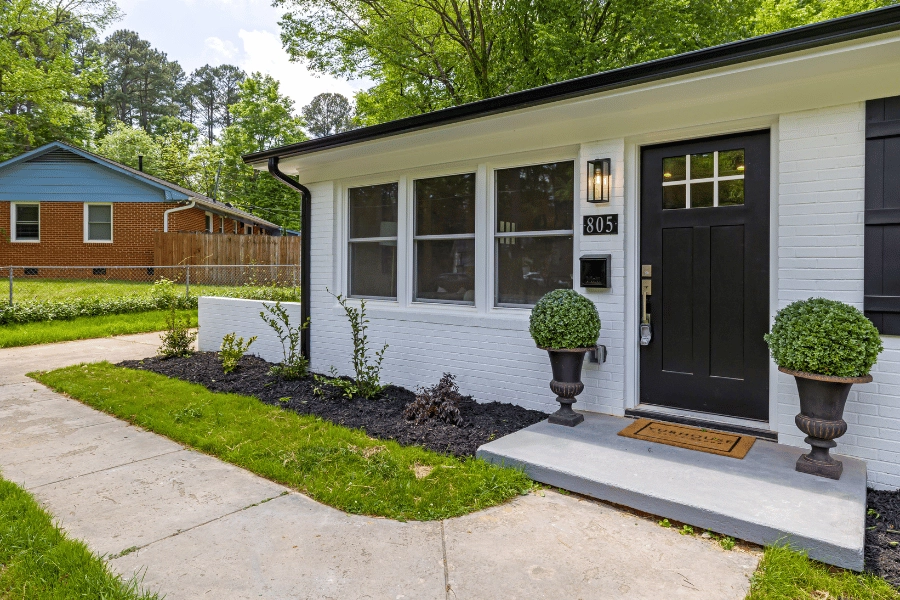
Methodology
Data was sourced from the U.S. Department of Housing and Urban Development and the North Carolina Housing Finance Agency to determine the best resources for first-time home buyers in Raleigh.
FAQs
How do you qualify for a first-time home buyer in NC?
To qualify for first-time home buyer programs in North Carolina, you must meet general requirements such as not having owned a home in the last three years, having a minimum credit score, and you must occupy the home as your primary residence for a specific time period.
What is the best loan for first-time home buyers?
There are multiple programs available for first-time homebuyers, but FHA loans are considered the most popular.
Final Thoughts for First-Time Home Buyers
Raleigh offers tremendous opportunities for first-time home buyers, with a diverse range of neighborhoods, a strong job market, and an excellent quality of life. The combination of national programs like FHA and VA loans, state programs like NC Home Advantage, and local resources creates multiple pathways to homeownership.
The key to success is understanding your options, preparing your finances, and working with knowledgeable professionals who understand both the programs available and Raleigh's unique market conditions. With proper preparation and the right team, your dream of homeownership in the City of Oaks is entirely achievable.
Are you ready to start your home-buying journey in Raleigh? Contact the experts at Raleigh Realty to connect with experienced agents who specialize in helping first-time buyers navigate the local market and take advantage of all available programs.

